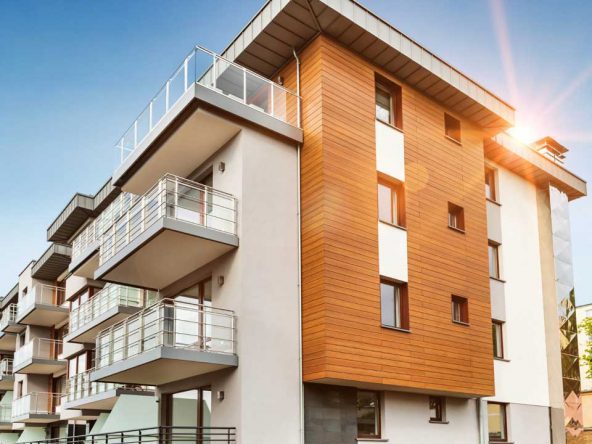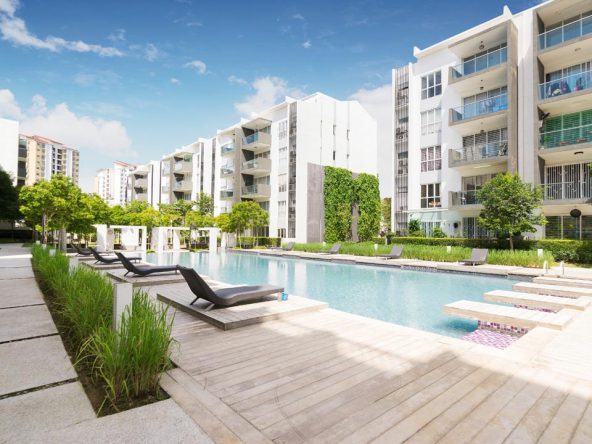What is Green Construction?
Green construction is a beacon of environmental sustainability in the construction industry. It encompasses a diverse range of practices aimed at reducing the environmental impact of construction projects. From using recycled materials to designing energy-efficient buildings, green construction is about creating buildings that live in harmony with nature and promote a sustainable future.
Navigating the complex legal landscape around green construction is an ongoing challenge. However, several legal tools can be used to encourage the uptake of green materials and methods. This includes legislation that incentivizes the use of eco-friendly materials and enforces compliance with green building standards. Legal experts can also play a role in educating clients about the benefits of green construction and helping them to navigate the legal complexities.
Key Insights
Empowering a Carbon-Free Future
The KPDA CEO Breakfast Forum was a thought-provoking event that generated insights and perspectives on how to create a carbon-free future. With the upcoming Africa Climate Summit in Nairobi (September 4-6, 2023), the private sector is at the forefront of driving the adoption of green construction practices and advancing sustainability.
The event also highlighted the important role that legal frameworks play in promoting sustainability and creating a more environmentally friendly built environment.
Salient Takeaways
1. Decarbonizing through Innovative Materials
Wayne Godwin from JLL emphasized the importance of alternative green construction materials in decarbonizing the built environment. Africa’s abundance of arable land presents a unique opportunity for the continent to pioneer sustainable construction practices.
By using these natural resources wisely, Africa can create resilient systems that support construction while minimizing carbon emissions. This would make a significant contribution to the global goal of net-zero carbon emissions. James Mwai of Gatsby Africa also highlighted Kenya’s ambitious commitment to reducing carbon emissions by 2030.
2. Addressing Challenges Holistically
Challenges such as knowledge gaps, data scarcity, and the balance between traditional and modern approaches were acknowledged. George Wekesa of BuildX Studio emphasized the importance of tailoring the integration of alternative green construction materials to the specific needs of each project. This tailored approach maximizes the benefits of such materials and ensures their optimal use.
3. Catalyzing Change through Policies and Codes
Arch. Nickson Otieno of Niko Green highlighted the transformative potential of policy reforms and an updated Building Code in driving sustainable construction. Policy reforms can help to promote the adoption of green construction materials, while an updated Building Code can provide a roadmap for mainstreaming green practices in the industry.
4. Private Sector Catalyst
James Mwai of Gatsby Africa stressed the role of the private sector in embracing green construction practices and driving environmental stewardship. It is important to change perceptions about the affordability of green materials. While the initial costs may seem high, the long-term benefits outweigh the costs. Implementing a green fiscal policy could also foster groundbreaking innovations in sustainability.
Crucial Challenges
During an engaging Q&A session, attendees identified some critical challenges to the local adoption of green construction. Balancing the preservation of cultural heritage with modern advancements was seen as a delicate balancing act. Addressing the awareness gap and data scarcity was also highlighted, with the Jenga Green Library emerging as a valuable resource.
The Jenga Green Library is a powerful tool that provides a centralized repository of vetted green building products and services. It simplifies the adoption of green building materials and encourages sustainable construction practices.
Conclusion
The KPDA CEO Breakfast Forum was a timely and important event that highlighted the importance of green construction in Kenya. The insights and visions for a carbon-free future that were generated at the forum are essential as the country prepares for the Africa Climate Summit. The event also explored how real estate stakeholders can collaborate to bring about the necessary reforms and transformations in Kenya’s sustainable green construction landscape.





